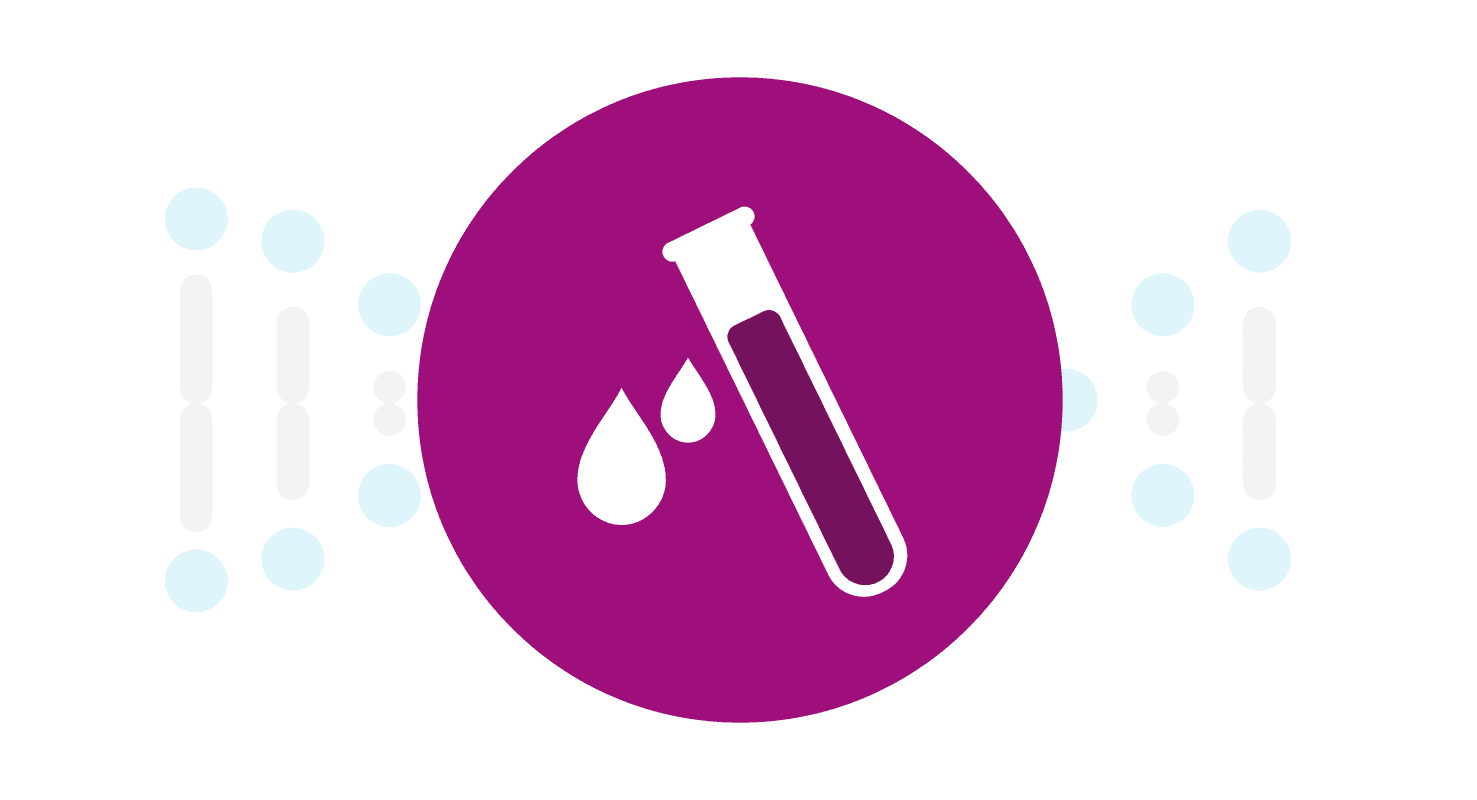A  parents they surveyed would like to have their newborns sequenced for medical conditions and disorders.
parents they surveyed would like to have their newborns sequenced for medical conditions and disorders.
“Several other studies have measured parents’ interest in newborn genomic screening, but none focused on new parents in the first 48 hours,” Dr. Robert C. Green told the Boston Herald this week. “Since this is when genomic testing would be of the greatest value, it is vital to study parents’ attitudes immediately post-partum.”
BabySeq
A geneticist and researcher at Harvard Medical School, Dr. Green has done a series of studies to gauge attitudes about personal genetic testing and the impact the information has on participants.
The focus of this study, called BabySeq and funded by the National Institutes of Health, looks specifically at the sequencing of newborns. Other studies done by Dr. Green and his team have looked more broadly at genetic testing –including personal genetic testing, and its impact on health outcomes and whether the testing results in undue anxiety.
In this latest study, Dr. Green asked parents shortly after the birth of their child whether they would want to have their child sequenced. There is already extensive state-mandated newborn screening for various inherited life-threatening conditions. It’s one of the most established and successful public health programs globally. However, sequencing newborns would add a much more extensive screen.
Parents Point of View
The researchers talked with 514 parents within 48 hours of their baby’s birth. After the parents were given a brief explanation of genetics and what it can say about one’s health and risks for certain conditions, they were asked whether they would want their newborns sequenced. About 83 percent expressed interest. The breakdown of the survey showed that about 18 percent of parents were “extremely interested,” 28 percent were “very interested,” and 37 percent were “somewhat interested.”
The researchers point out that as sequencing becomes more affordable and if parental interest remains high, further research will be important to assess how well parents understand the results they would get from sequencing and the impact that testing would have on public health.



